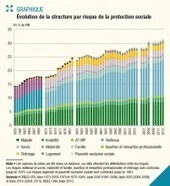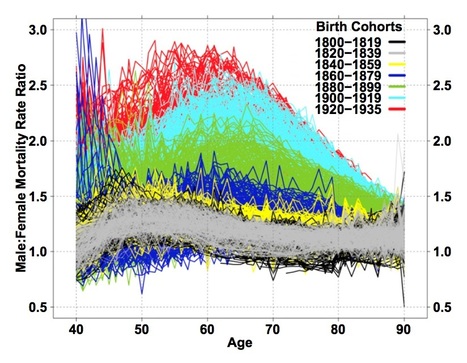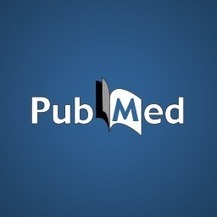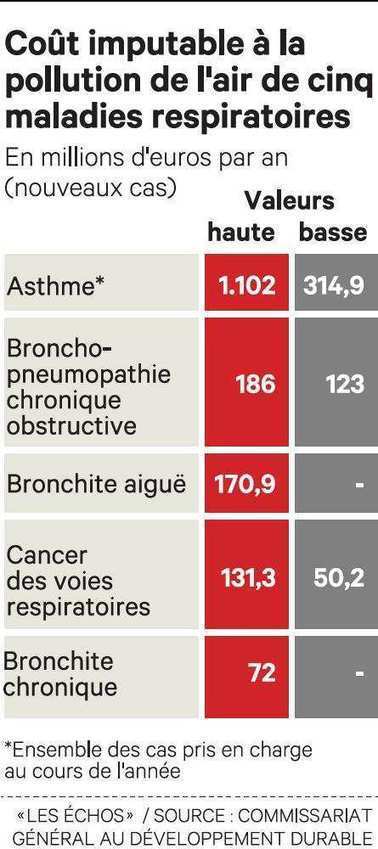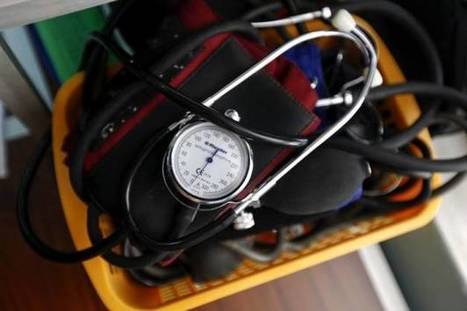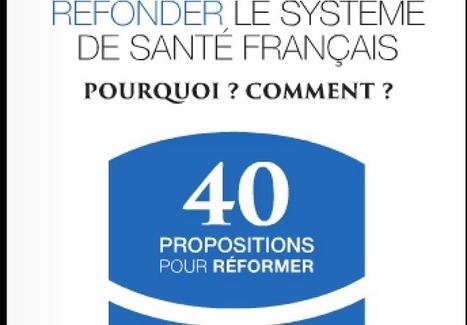In every single country on the planet, women live longer than men. In response to this unpleasant fact, men are fond of replying, "That's because we have to put up with women." Humorous though it may be, that's not the actual reason women live longer than men. In fact, it wasn't until the beginning of the 20th Century that the "mortality gap" between men and women became so striking.
To investigate the underlying reason for the gender gap in life expectancy, a team of researchers examined mortality data for people born between 1800 and 1935 in 13 developed countries. Using this data, they were able to determine changes in the male-female mortality ratio, as well as determine when and why women began to outlive men.
In the figure above, each birth cohort is represented by a single colored line. For example, people born between 1800 and 1819 are represented by 20 different lines, each of which is colored black; people born between 1920 and 1935 are represented by 16 colored lines, each of which is colored red. The chart plots age on the X-axis (i.e., "age at time of death") against the male-female mortality rate ratio on the Y-axis.
The figure shows that the relative mortality rate for men gets worse in subsequent years. Compare the mortality rates at age 60, for instance. The mortality rate ratio for people born between 1800 and 1839 (black and gray lines) hovers roughly around 1.2; that means that about 120 men died for every 100 women who died at age 60. Just a few decades later, a dramatic shift occurs: the male-female mortality rate ratio for people born between 1880 and 1899 (green lines) skyrockets to 1.6, meaning that 160 men died for every 100 women who died at age 60. Then it goes from bad to worse. For the 1920-1935 birth cohort, the ratio is a shocking 2.1 at age 60, meaning that 210 men died for every 100 women.
Why is this the case? The authors' analysis suggests two major factors: The first is smoking, which is more common among men. (With smoking factored out, the pattern of an increasing male-female mortality ratio still persists but to a lesser extent, as shown above.) The second is cardiovascular disease, a condition to which men seem to be more vulnerable than women. This may be due to gender differences in diet, lifestyle, and even genetics. Indeed, the researchers found that cardiovascular disease was the major factor causing excess deaths among men as compared to women.
Via
Dr. Stefan Gruenwald




 Your new post is loading...
Your new post is loading...






